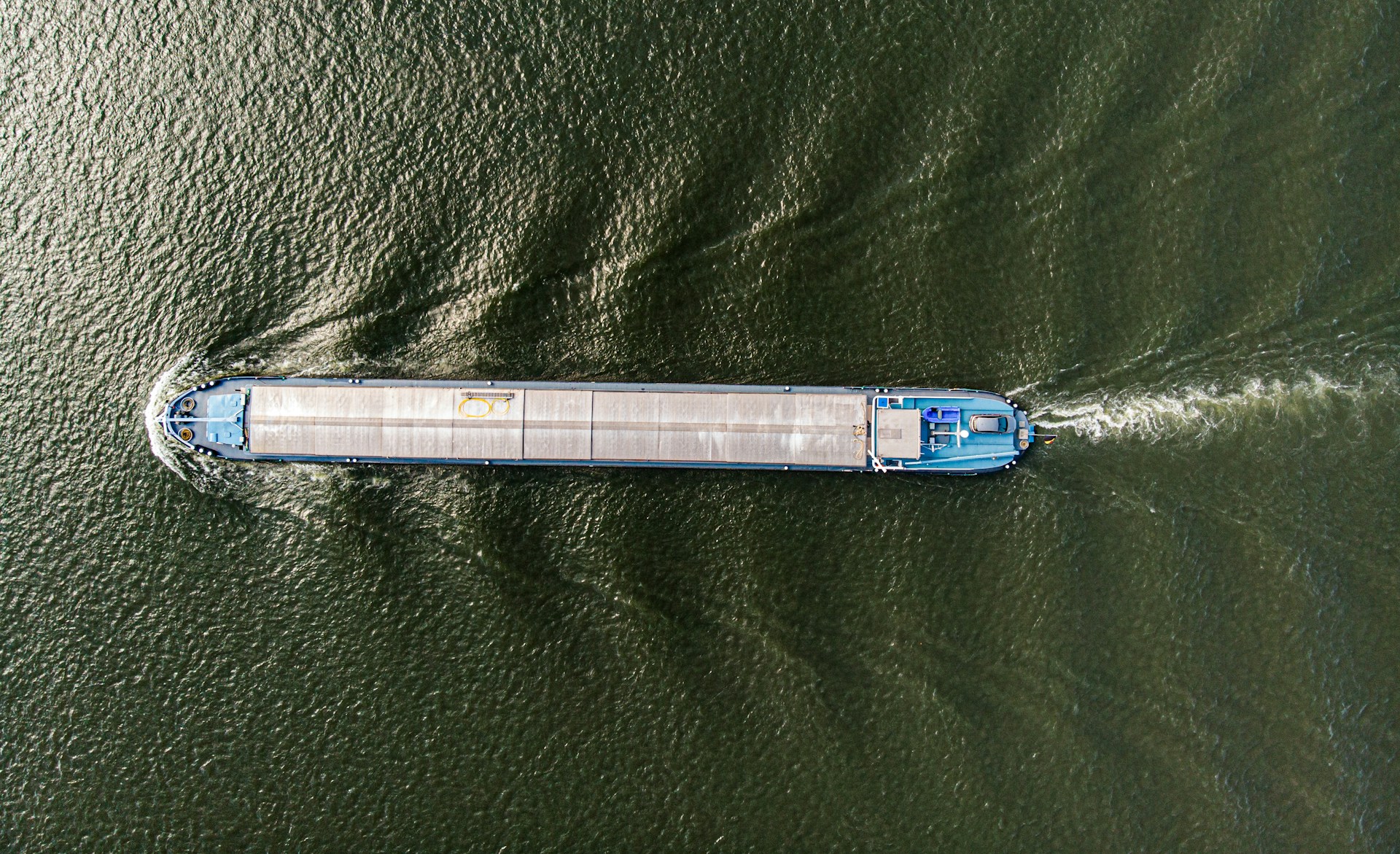What Are Ecodesign Measures?
Ecodesign measures set mandatory requirements to reduce the environmental impact of products throughout their life cycle — from raw material sourcing to production, use, and end-of-life. They aim to make products more energy-efficient, durable, reusable, repairable, and recyclable.
What is ESPR?
The Ecodesign for Sustainable Products Regulation (ESPR), which entered into force on 18 July 2024, is now the foundation of the European Commission’s approach to creating more sustainable, circular products. It recognizes that the way we design and use products significantly impacts the environment — making EU consumption a major driver of climate change and pollution
Why Ecodesign Matters
Complying with ecodesign measures is not just about avoiding penalties — it’s an opportunity to future-proof products, meet growing market expectations, and reduce environmental impact. Companies that integrate ecodesign principles early in development gain a competitive edge by offering products that are more sustainable, longer-lasting, and aligned with upcoming circular economy goals.
Eco-design is a critical strategy for optimizing products and reducing climate change impacts. By considering the full product lifecycle, improving resource and energy efficiency, and minimizing waste and emissions, ecodesign drives the creation of smarter, more sustainable solutions.
How EandoX Can Help
EandoX makes it easier for manufacturers to integrate ecodesign strategies into their workflows, to foster innovation, reduce costs, and enhance product performance. The software gives you full visibility into your product’s environmental footprint, helping you take control at every stage: from manufacturing and shipping to customer maintenance and end-of-life management. Book a demo to learn more!


.png)

